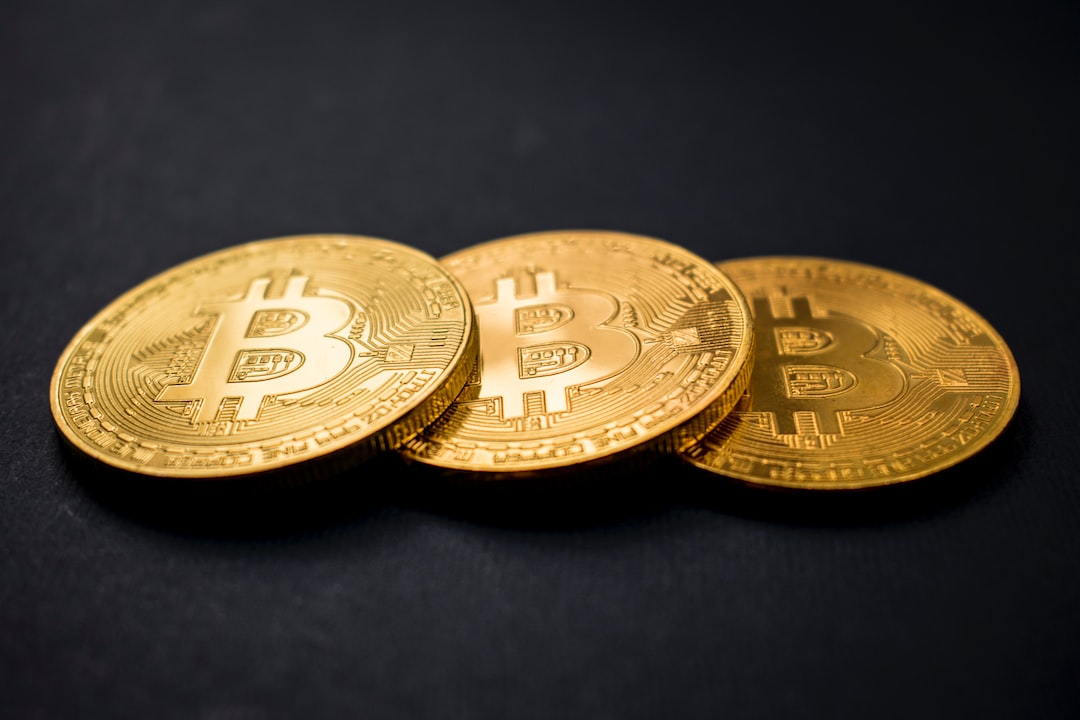The Next Prime Minister of Thailand and the Potential for a National ‘Airdrop’
The appointment of Srettha Thavisin as Thailand’s next Prime Minister has sparked speculation about a potential 10,000 THB ‘airdrop’ for Thai citizens. Srettha, a former CEO of real estate developer Sansiri, has been actively involved in the country’s digital asset sector. Sansiri took a stake in digital asset service provider XSpring and launched its own token, SiriHub Token, on the platform. Srettha’s campaign promises a national airdrop, where every Thai citizen would receive 10,000 THB. The airdrop would be in the form of a national token, which can be converted to cash at designated banks. However, critics question the cost and complexity of implementing blockchain technology for this initiative, considering existing digital banking options.
Key Points:
- Srettha Thavisin, the new Prime Minister of Thailand, has a background in real estate and a strong presence in the digital asset sector.
- Sansiri, the real estate developer, has a stake in digital asset service provider XSpring and launched its own token called SiriHub Token.
- Srettha’s campaign promises a national ‘airdrop’ of 10,000 THB for every Thai citizen, to be spent within four kilometers of their home.
- The airdrop will use a national token and vendors will be able to convert it to cash at designated banks.
- Critics question the cost and complexity of using blockchain technology for this initiative, suggesting existing digital banking options may be more practical.
Hot Take:
The appointment of Srettha Thavisin as Thailand’s next Prime Minister and the potential for a national ‘airdrop’ demonstrates the country’s growing interest in digital assets. While the use of blockchain technology for this initiative may be seen as excessive by some, it highlights the government’s willingness to explore new possibilities. The involvement of major politicians in crypto, including Srettha and Pita Limjaroenrat, suggests that Thailand’s crypto landscape is evolving rapidly and may lead to more lenient regulations and increased investment in Thai crypto projects.





 By
By
 By
By
 By
By
 By
By
